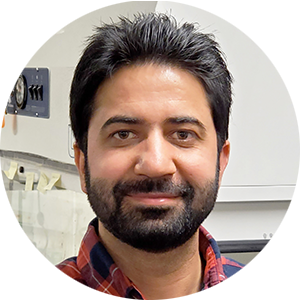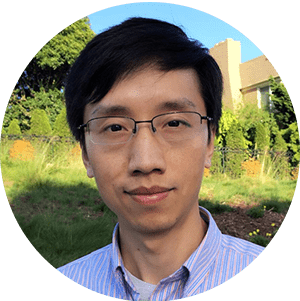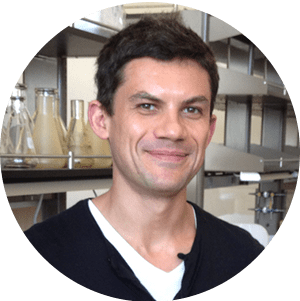Genomics
Institute

Shurl & Kay Curci Foundation Faculty Scholars Program
Supporting early-career faculty with bold ideas for cutting-edge research that pushes the boundaries of precision genomics.
Overview
The Shurl & Kay Curci Foundation (SKCF) Faculty Scholars program was started to support early-career faculty whose research aligned with the IGI’s goal to advance human health using precision genomics. The SKCF Faculty Scholars Program launched in 2017 thanks to a $1 million gift from the Shurl & Kay Curci Foundation.
This program was open to early career faculty at UC Berkeley, UC San Francisco, and UC Davis. Projects that advanced fundamental scientific knowledge, and were in alignment with IGI’s mission to develop affordable and accessible solutions in human health, climate, and agriculture, were considered for $179K of research support over a two year period.
Explore below to learn about each Fellow’s research.




